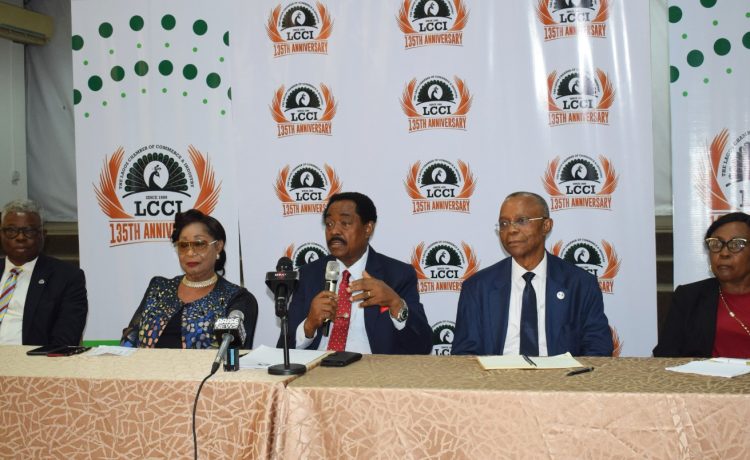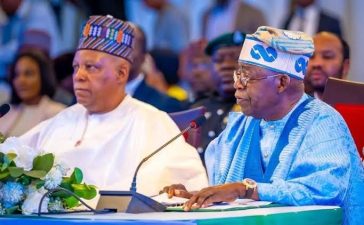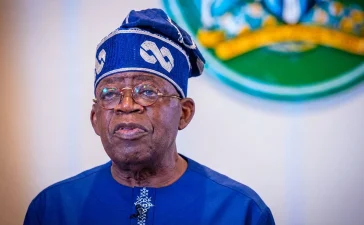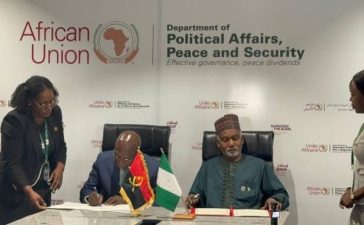The Lagos Chamber of Commerce and Industry (LCCI) has described the Federal Government’s planned petrol subsidy removal as one of the best economic decisions that will go a long way reducing Nigeria’s debts and as well one that would tackle widespread corruption in the oil sector.
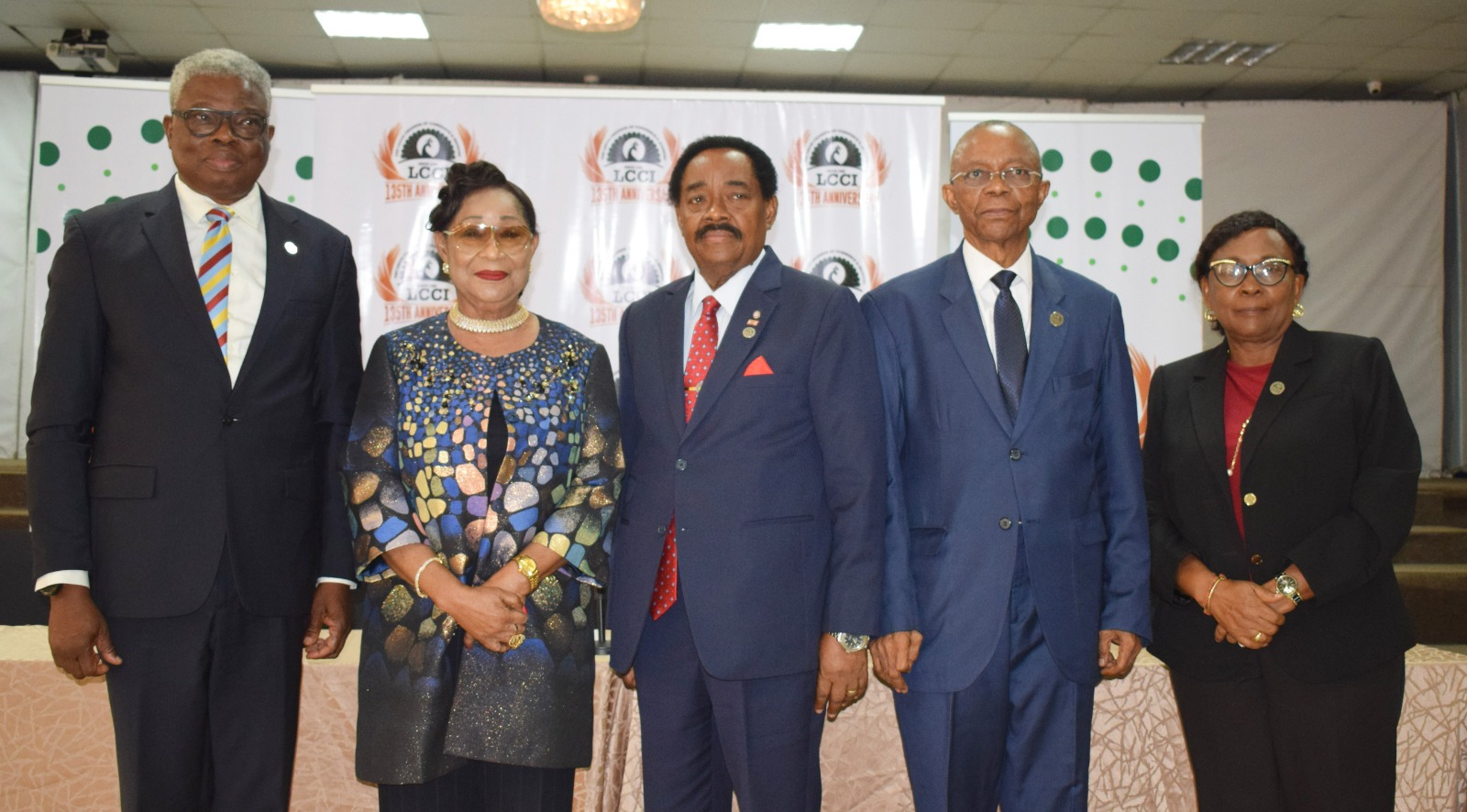
LCCl’s President, Dr Michael Olawale-Cole, was speaking at the chamber’s second quarter state of the economy conference which came up Tuesday in Lagos. Nigeria secured an $800 million relief package from the World Bank to minimise the effect of subsidy removal on the most vulnerable in the society.
Recent data by the Debt Management Office (DMO) puts Nigeria’s public debt at N46.25 trillion ($103.11billion) as at end-December 2022, compared to N39.56 trillion ($95.77 billion) in 2021.
The LCCI Boss however, urged government to commence roll out of cushioning measures ahead of the subsidy removal in the second half of the year to mitigate any likely disruptions in the economy.
“Removal of fuel subsidies is, amongst others, expected to spur investments in domestic refining and petrochemicals and create a significant value chain for the various stakeholders.
A review of Local development for the fourth quarter of 2022 GDP report revealed the economy grew by 3.52% (year-on-year) in real terms in the fourth quarter of 2022, compared to 2.25% recorded in the previous quarter and 3.98% in the corresponding period in 2021. On an annual basis, the real gdp grew by 3.10% in 2022 compared to 3.40% in 2021. The quarterly growth indicates that the economy has recorded ninth consecutive positive growth despite contractionary monetary policies.
”In most economies, amid the cost-of-living crisis, the priorities remain achieving sustained disinflation and reasonable real growth with tighter monetary conditions and lower growth potentially affecting financial and debt stability. Also, sentiment indicators such as purchasing managers’ indices (pmis) have been signaling a sharp slowdown for months. And an array of consumer and business confidence indicators have given similar signals.”
The growth in the fourth quarter was primarily driven by the services, manufacturing and agriculture sectors which contributed 5.69%, 2.83% and 2.05% respectively. The growth recorded in the service sector was lower compared to 7.01% in the previous quarter, while manufacturing recovered from –1.91% in the third quarter. Agriculture sector recorded higher growth compared to 1.34% achieved in the third quarter. Contraction in the oil & gas sector moderated to –13.38% in the fourth quarter from –22.67% in the previous quarter.
The slight improvement in oil and gas sector was attributed to the improved daily oil production, estimated at 1.34 million barrels per day (mbpd) in the fourth quarter from 1.20 mbpd in the previous quarter, due to reduced oil theft and improved security. Recovery in the manufacturing sector may be attributed to strong consumer demand due to the yuletide season and improvement in electricity supply. However, growth in manufacturing remained subdued due to high inflation, continuous rise in interest rate, forex scarcity, high energy cost, and weakening purchasing power which could weigh further on the outlook of the sector.
The LCCI recommended that the federal government should sustain its targeted interventions in selected sectors such as agriculture, manufacturing, export infrastructure while tackling insecurity. And also that the government keep track of plans to tackle the menace of oil theft, in order to boost oil exports and earn more foreign exchange.
”We also commend the government for the effort made to-date to combat the cartel involved in oil theft. If these efforts had started earlier the nation would have made huge economic gains. We therefore appeal to the government to intensify the efforts.
”Removal of fuel subsidies is, amongst others, expected to spur investments in domestic refining and petrochemicals and create a significant value chain for the various stakeholders. It will also release over N3 trillion per annum for social spending as well as create domestic high valued jobs rather than subsidizing jobs in other countries at the expense of ours.”
He urged the incoming government on the need to be focused in tackling the many salient economic issues and making the most of the opportunity given to it by the Nigerian people to serve.
”As a private sector advocacy group with the mandate to promote the business community’s interests, the Lagos chamber of commerce & industry shall continue to engage relevant government agencies, the media, and other interest groups, where and when necessary, on actionable recommendations for a thriving business community and economy.”

